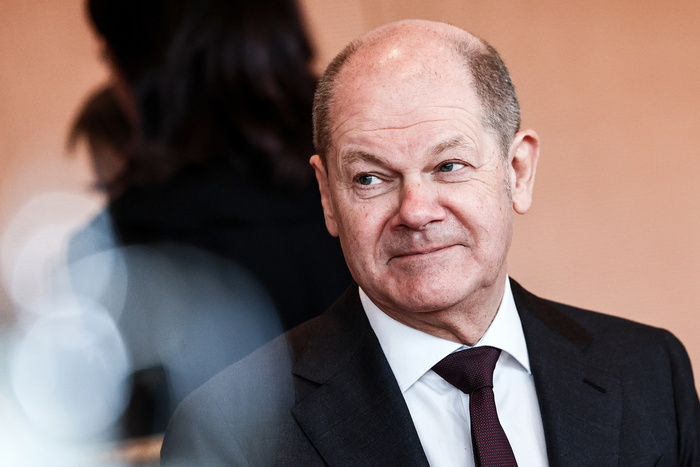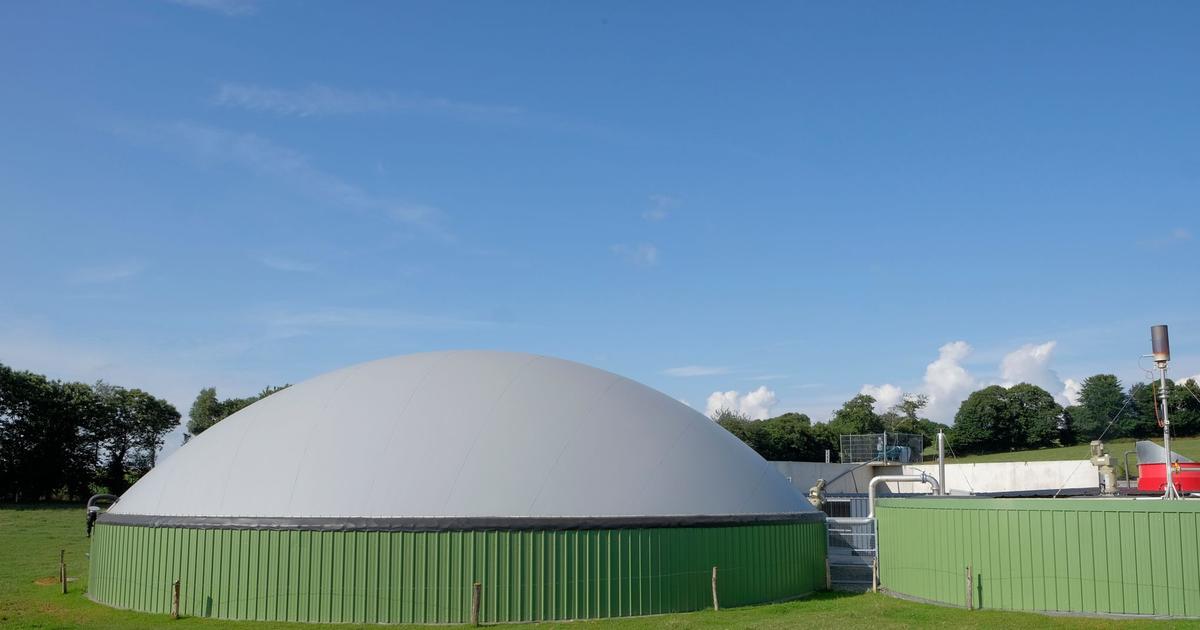Enlarge image
Residential construction: »The current framework conditions are not sufficient«
Photo: Markus Scholz / dpa
In Germany far fewer houses and apartments have been modernized to be energy-efficient than experts estimate would be necessary to meet climate targets.
"Each year, only around 500,000 residential units are completely renovated from an energetic point of view," said Ralph Henger, housing market expert at the German Economic Institute in Cologne.
With around 42.5 million apartments in Germany, the annual renovation rate is just over one percent.
"To achieve our climate goals, however, it would have to be twice as many," says Henger.
In a survey conducted by the Federal Association of German Housing and Real Estate Companies (GdW) in December 2022, 84 percent of the housing companies surveyed named the increased material costs as a major brake on modernization.
57 percent saw the increased financing interest and 55 percent the lack of construction and trade capacities as an obstacle.
"The current framework conditions are not sufficient to convince enough building owners to invest in their building and implement energy efficiency measures," said Henger.
Industry demands help from the state
Since a large part of the population cannot afford rising rental costs, modernization must above all remain affordable, says a spokeswoman for the real estate group Vonovia.
Without the help of politicians, however, the industry would not be able to invest in the energy transition and at the same time keep rents stable in the long term.
The goal of the federal government is for the building stock in Germany to become climate-neutral by 2045.
In addition to sustainable new construction, the focus of government funding is primarily on the renovation of existing buildings, as this is where the greater climate protection effect is expected.
According to the Federal Office of Economics and Export Control (BAFA), the state paid out around 2.6 billion euros in subsidies for energy-related renovation last year, 85 percent more than in the previous year.
The funding is intended to help modernize apartments and houses in such a way that they save energy in the long term - for example by replacing heating systems, insulating roofs and external walls or replacing windows and front doors.
The GdW criticizes that the federal government is focusing on "expensive individual energy measures with far too little effect".
Despite the billions in investment, household energy consumption is stagnating.
Instead of tackling the energetic renewal of individual residential units, it makes more sense and is cheaper "to make the energy supply of the buildings in the neighborhood context low in CO2," said GdW President Axel Gedaschko.
He proposes, for example, municipal heat planning and the removal of hurdles for tenant electricity.
This is produced in the immediate vicinity of the customer - for example from solar systems on your own roof.
"Then it will also work with the CO2 reduction and the climate targets," said Gedaschko.
mik/dpa-AFX









/cloudfront-eu-central-1.images.arcpublishing.com/prisa/DIAGMBIFCBFTJADD5SB7GXXY2A.jpg)




